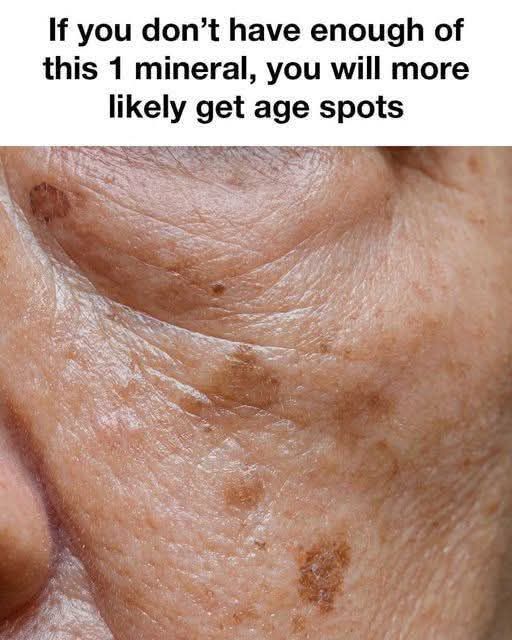The Role of Selenium in Preventing Age Spots and Promoting Healthy Skin
Age spots, also known as liver spots or solar lentigines, are flat, brown, gray, or black spots that typically appear on sun-exposed areas of the skin. They are most common in adults over 50, but younger people can also develop them if they spend a lot of time in the sun. Age spots occur due to an excess production of melanin, the pigment that gives skin its color. Factors such as prolonged sun exposure, aging, and genetic predisposition contribute to their development.
Understanding the Role of Minerals in Skin Health
Minerals are essential for maintaining healthy skin. They are involved in several biological processes, including cell regeneration, protection against oxidative stress, and maintaining the skin’s structural integrity. Essential minerals like zinc, copper, and selenium are particularly important for skin health, as they help protect the skin from damage and support its natural repair mechanisms.
What Is Selenium and Why Is It Important?
Selenium is a trace mineral that plays a vital role in many bodily functions, including the maintenance of healthy skin. It is a powerful antioxidant that helps protect cells from damage caused by free radicals—unstable molecules that can lead to premature aging and skin damage. Selenium also supports the immune system and plays a role in thyroid hormone metabolism.
The Link Between Selenium Deficiency and Age Spots
A deficiency in selenium can lead to increased oxidative stress, a major factor in the development of age spots. Without sufficient selenium, the skin becomes more vulnerable to damage from UV radiation and other environmental factors. This vulnerability leads to the overproduction of melanin, contributing to the formation of age spots. Ensuring adequate selenium intake can help mitigate these risks and promote healthier skin.
Scientific Studies on Selenium and Skin Health
Research has shown that selenium has protective effects against UV-induced skin damage and can reduce the risk of skin cancer. Studies also indicate that selenium, when combined with other antioxidants, can improve skin elasticity and reduce the appearance of age spots. These findings emphasize selenium’s importance in maintaining skin health and preventing age-related skin changes.
Symptoms and Signs of Selenium Deficiency
Selenium deficiency can manifest in several ways, including fatigue, muscle weakness, and a weakened immune system. In terms of skin health, a deficiency may lead to increased susceptibility to sunburn, slower wound healing, and the development of age spots. Recognizing these symptoms early can help prevent further skin damage and other health issues.
How to Ensure Adequate Selenium Intake
CONTINUE READING ON THE NEXT PAGE 🥰💕

